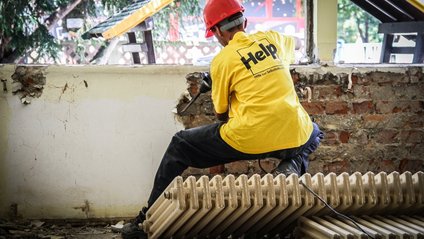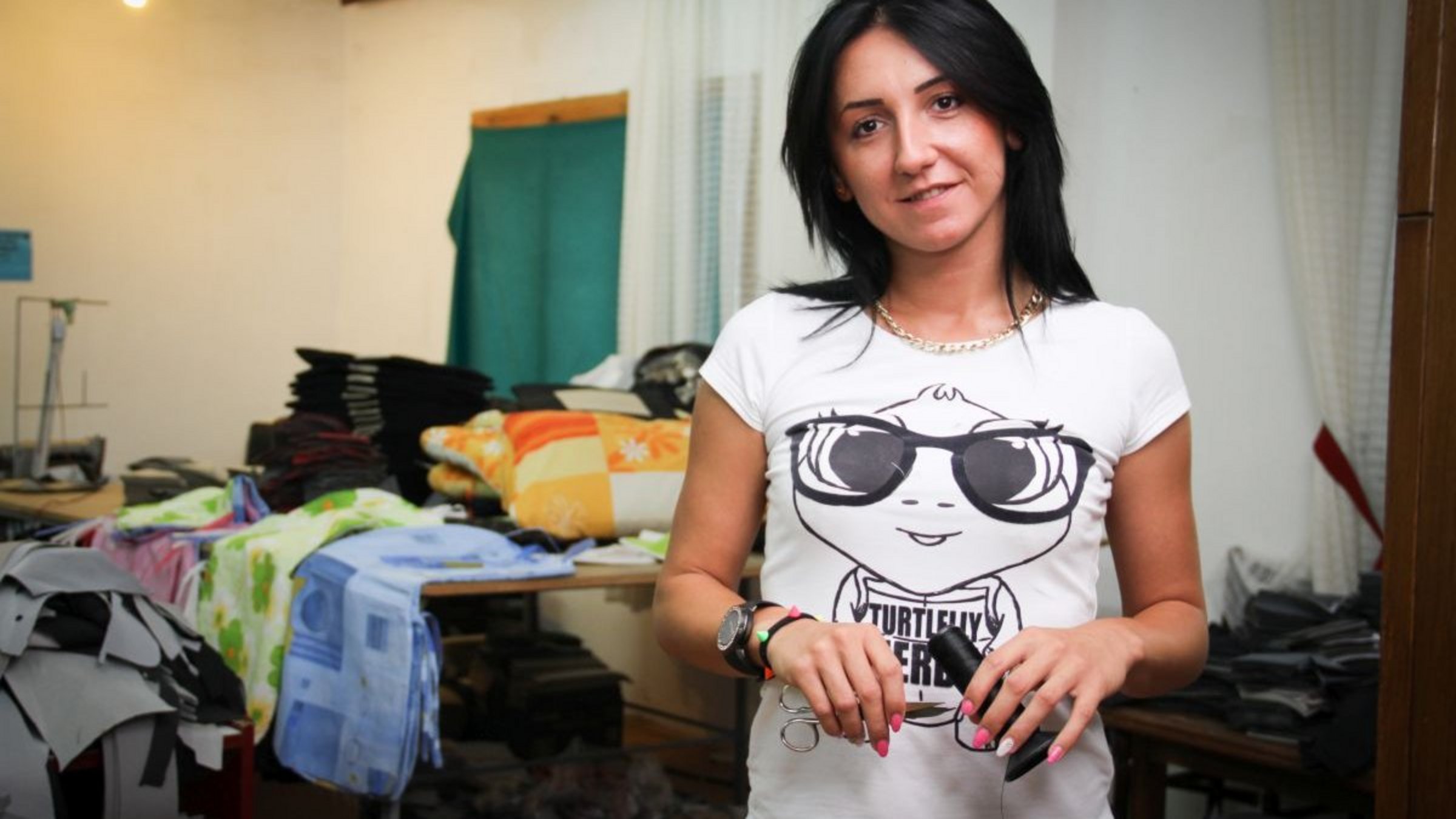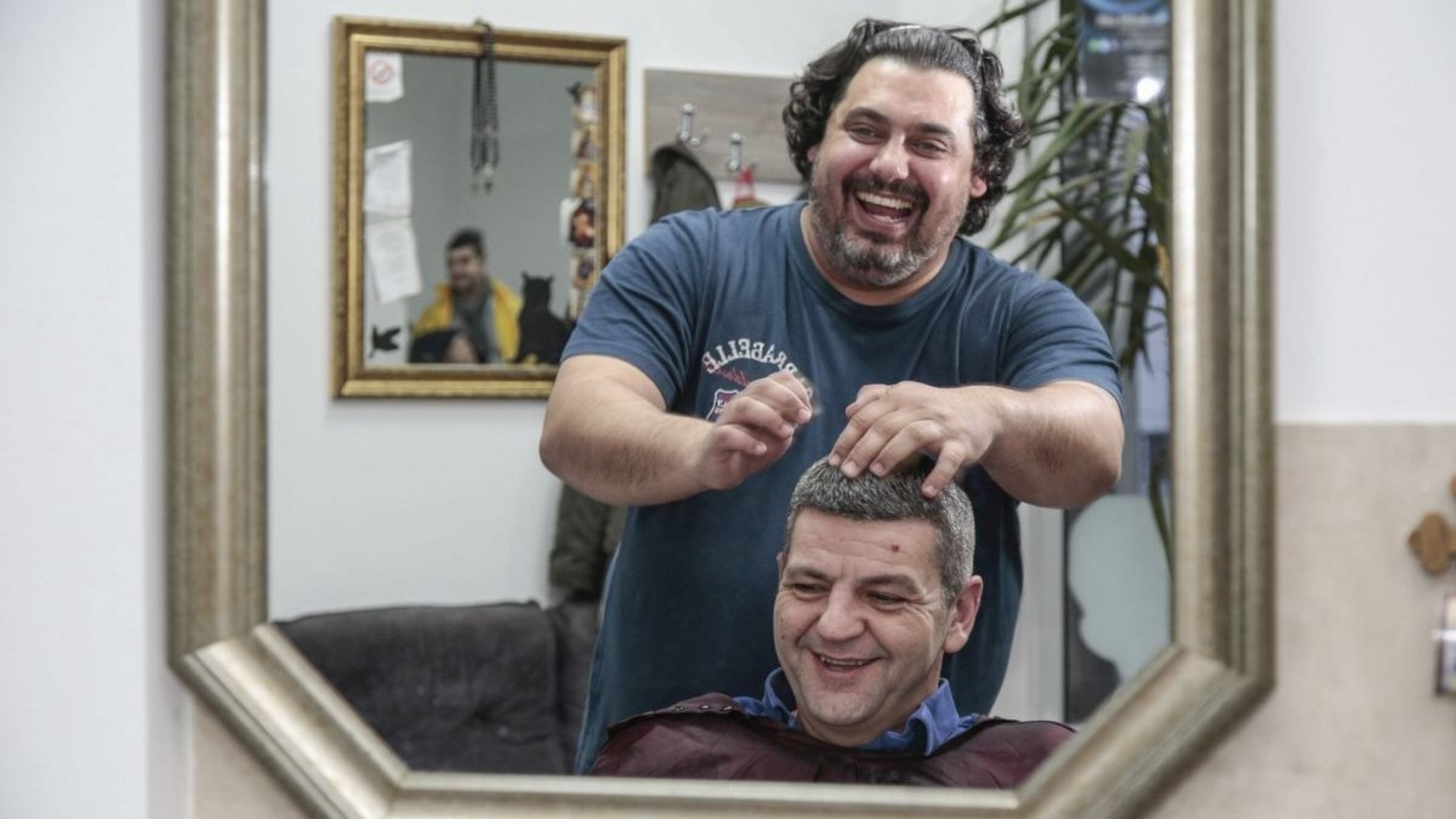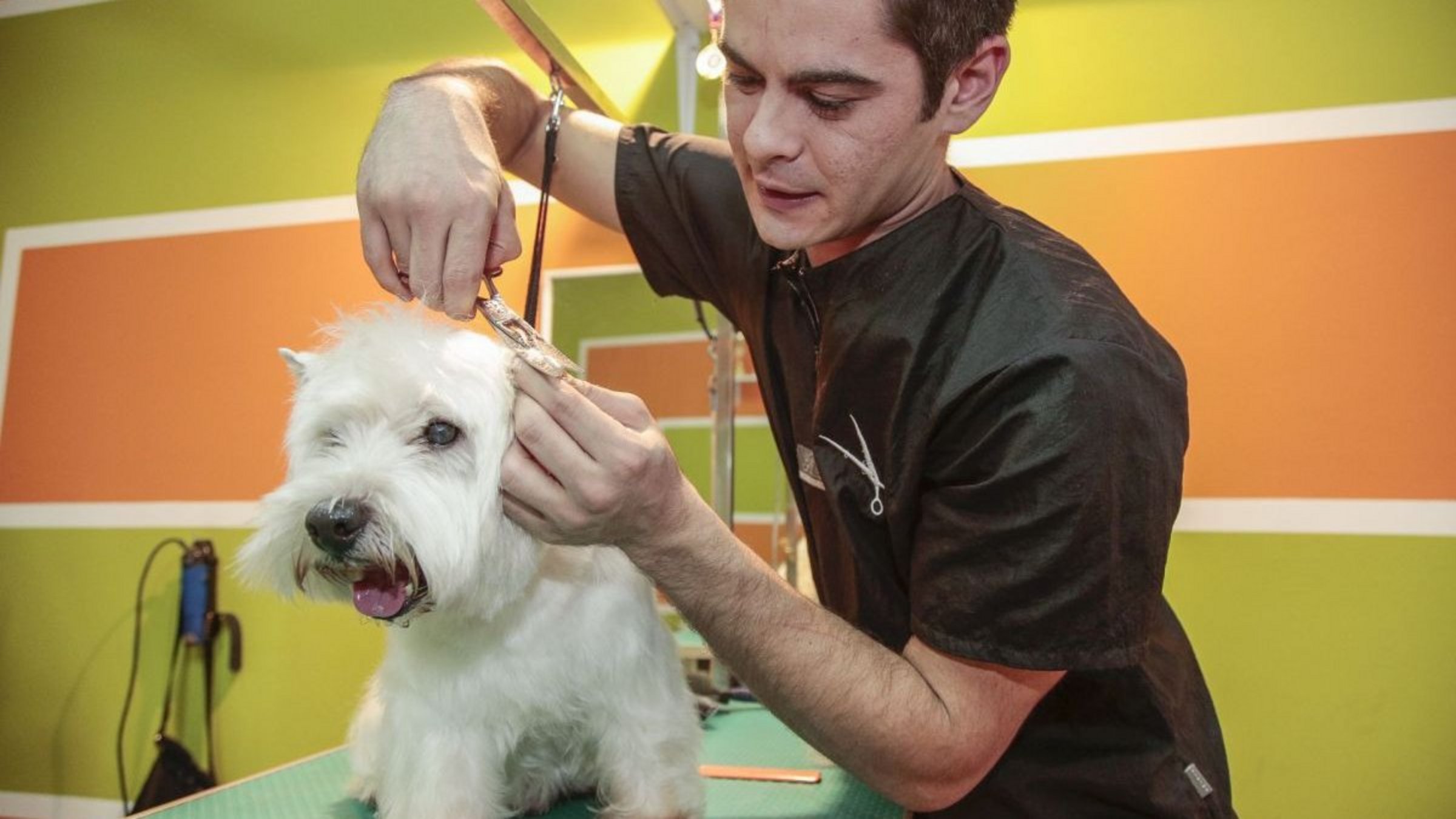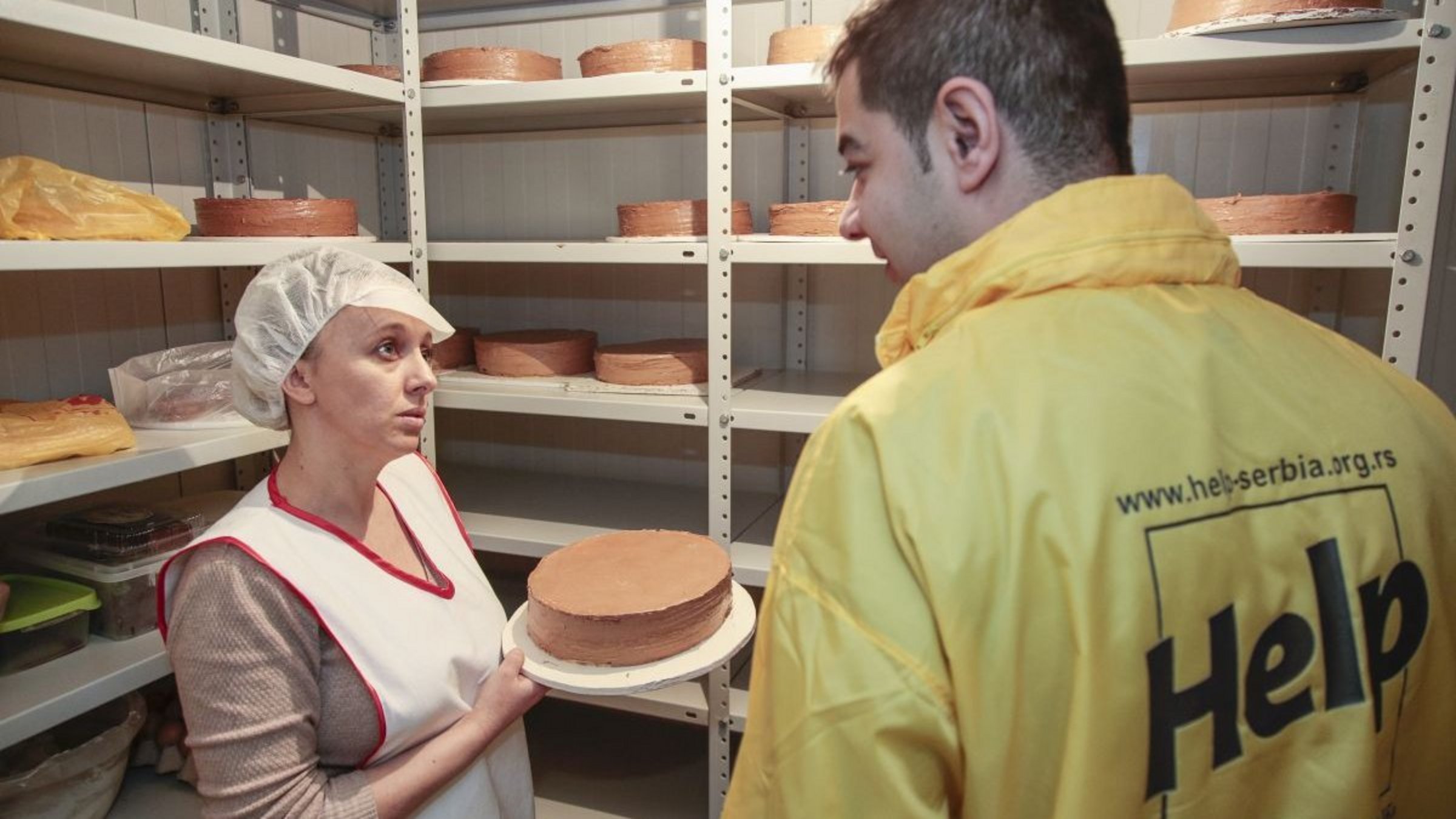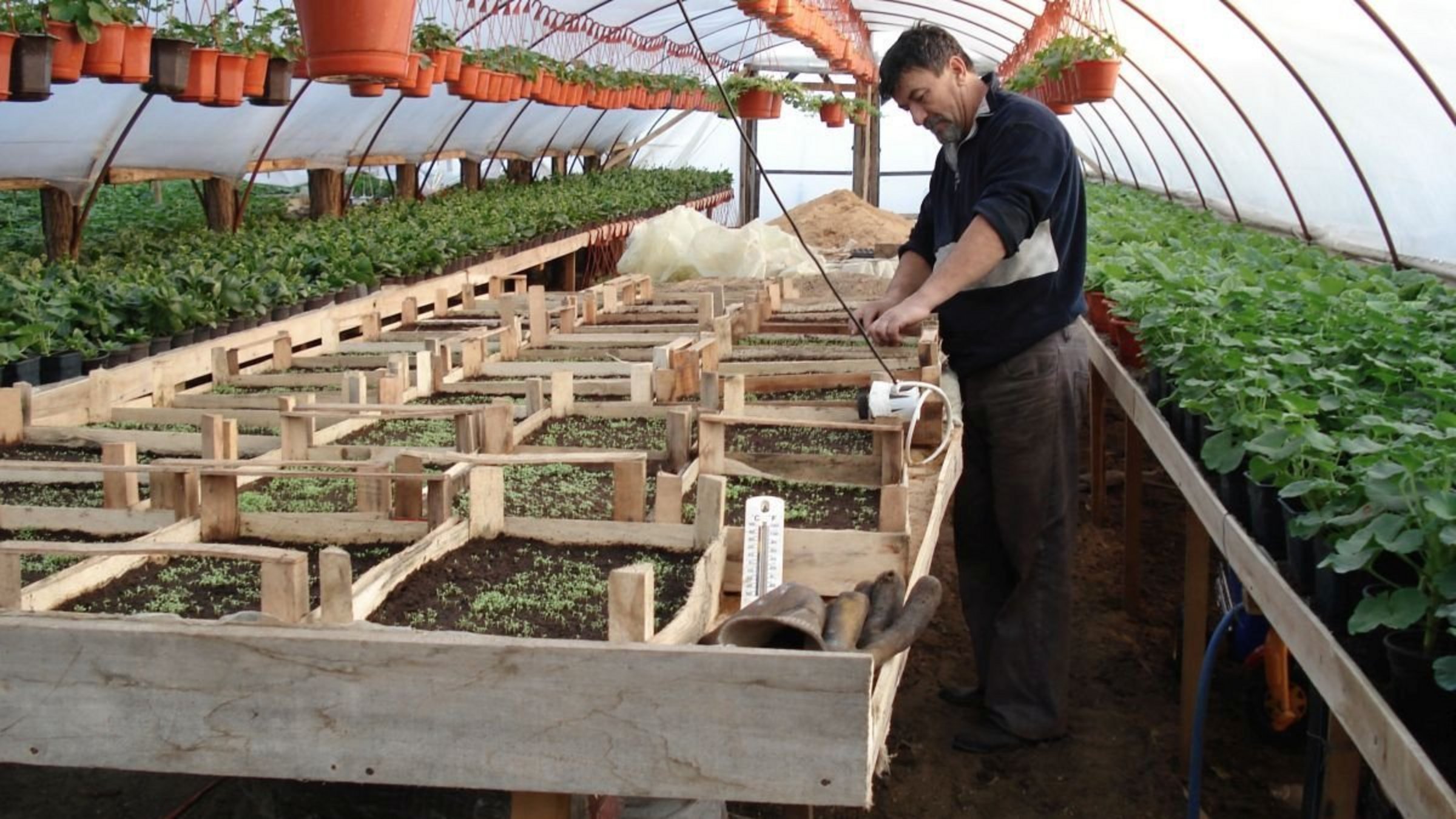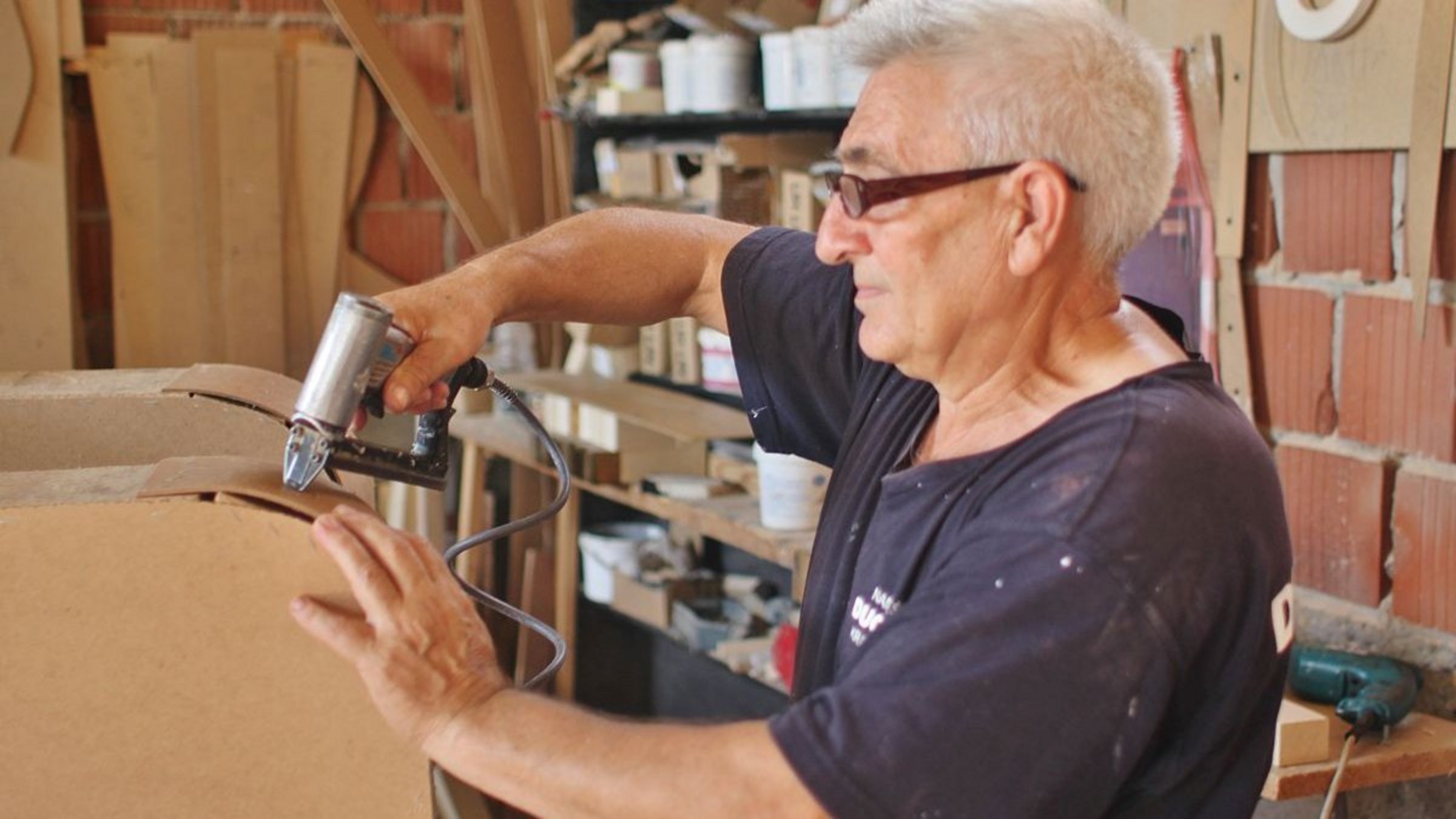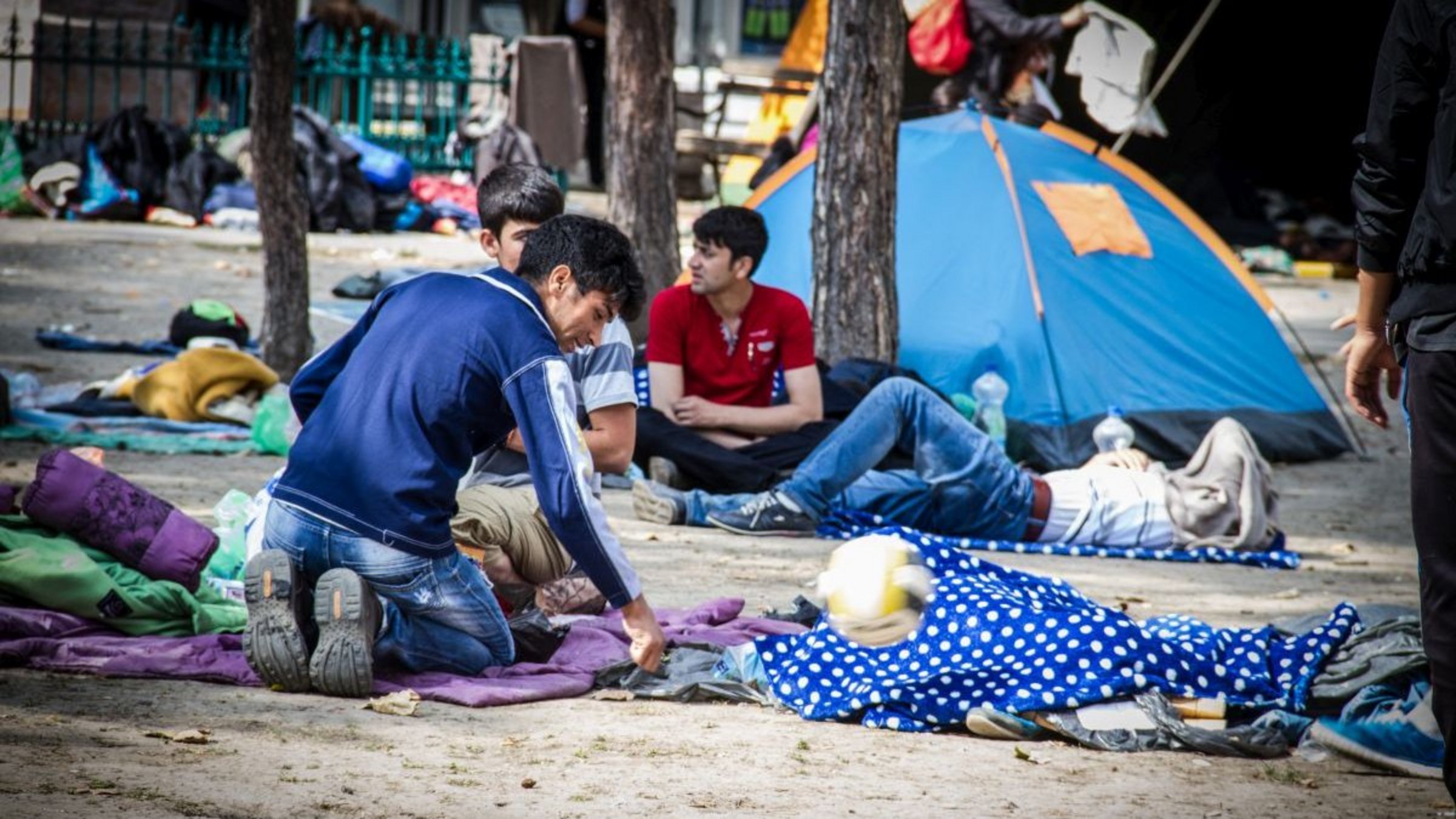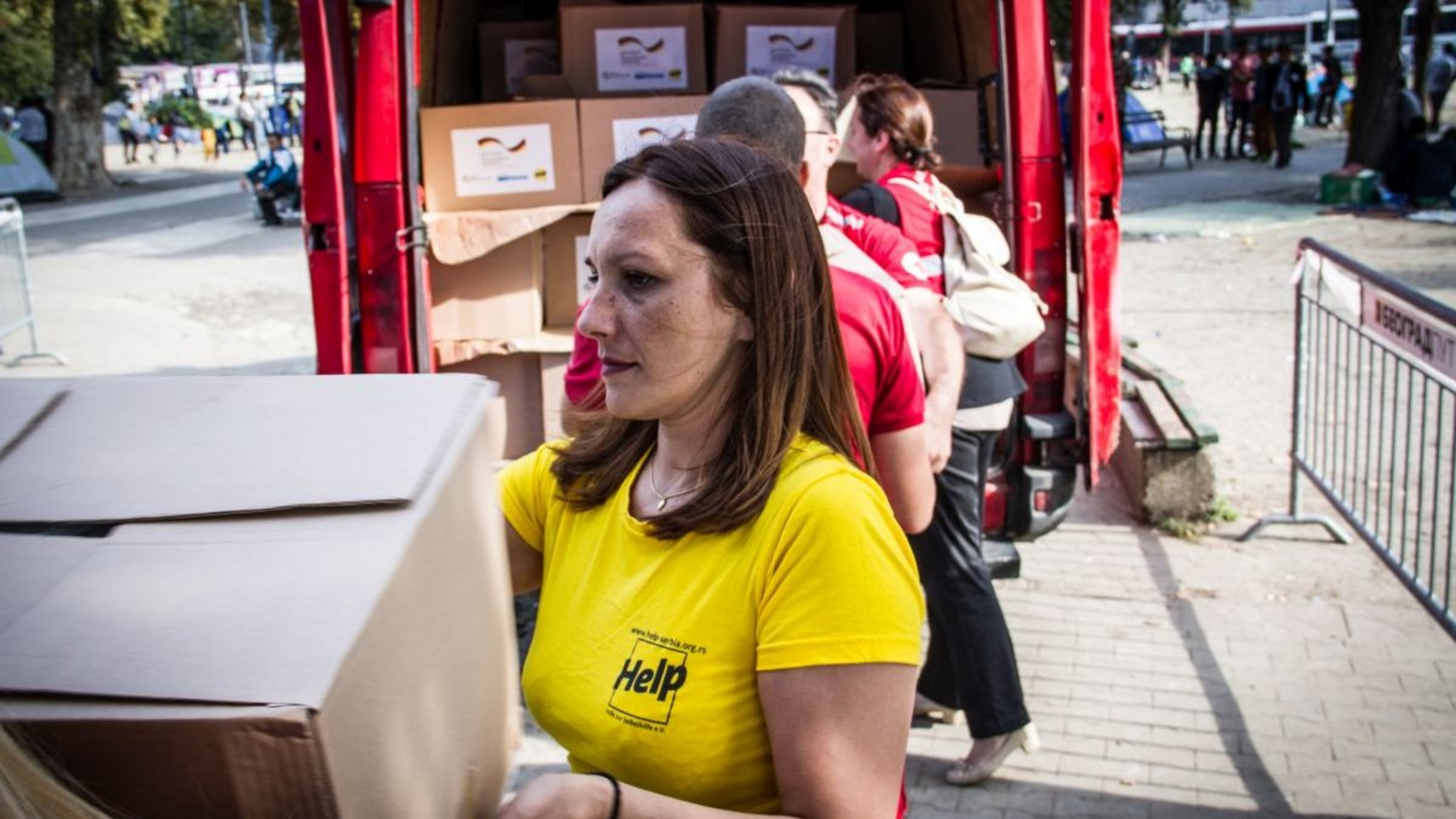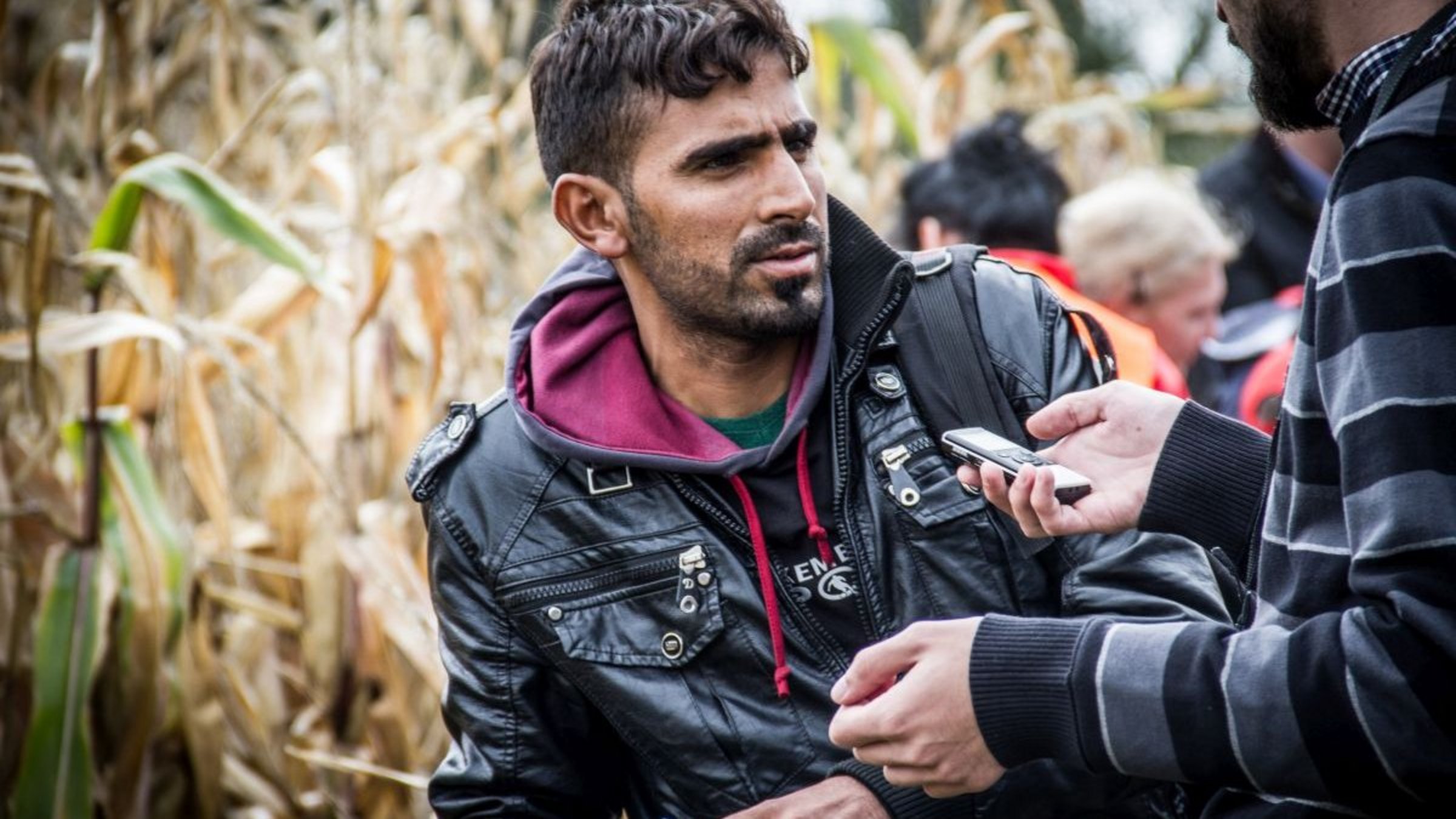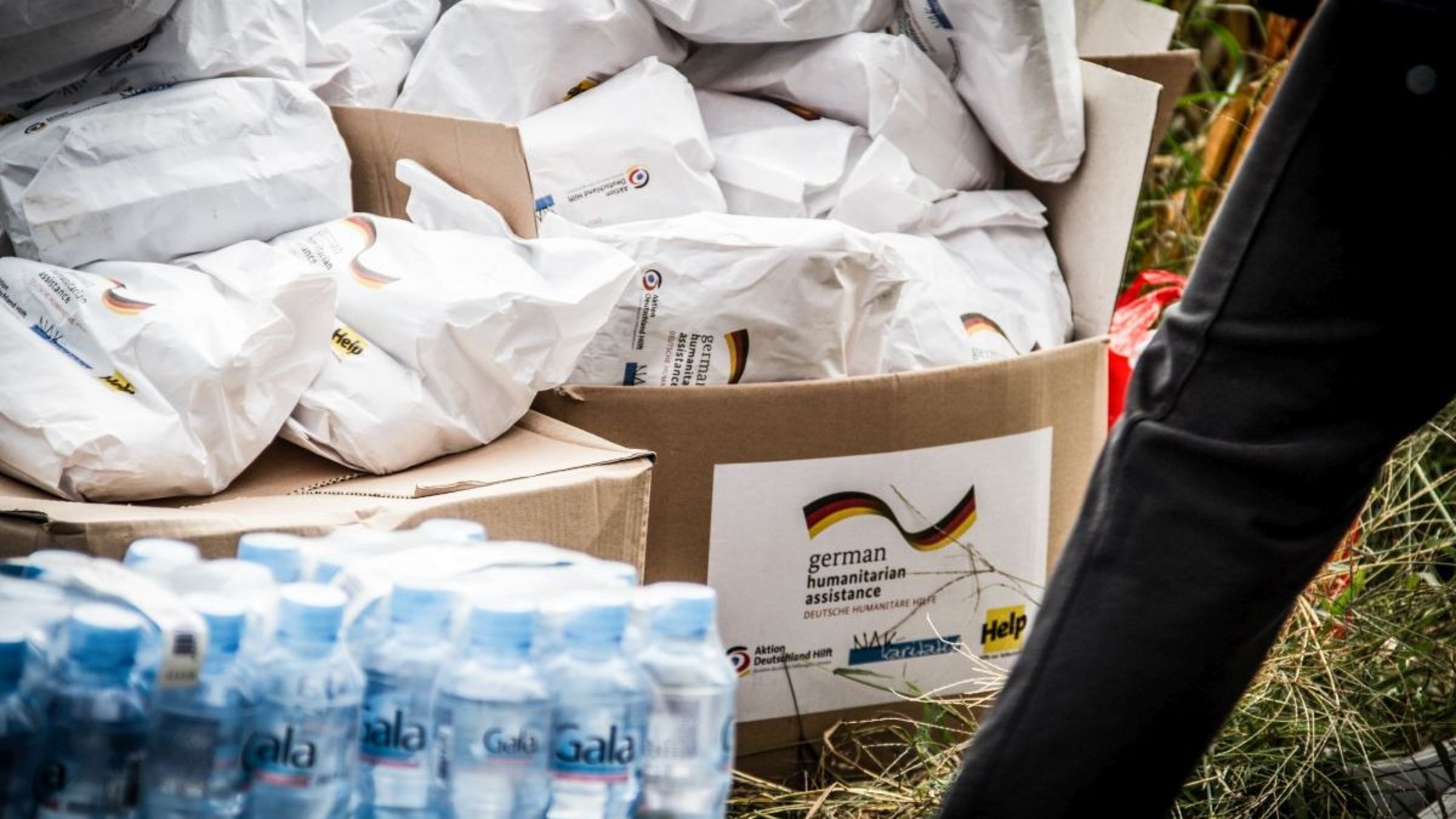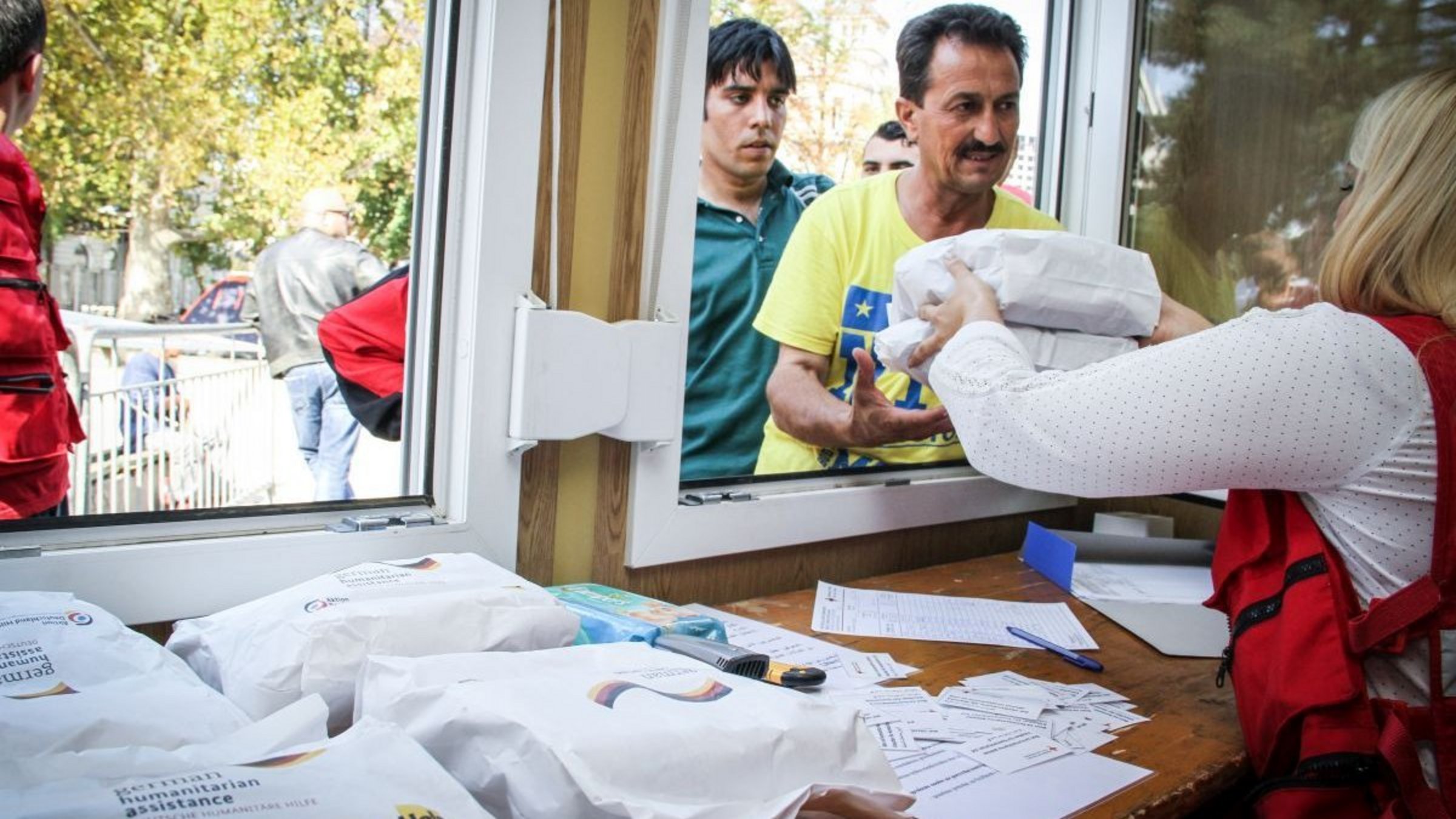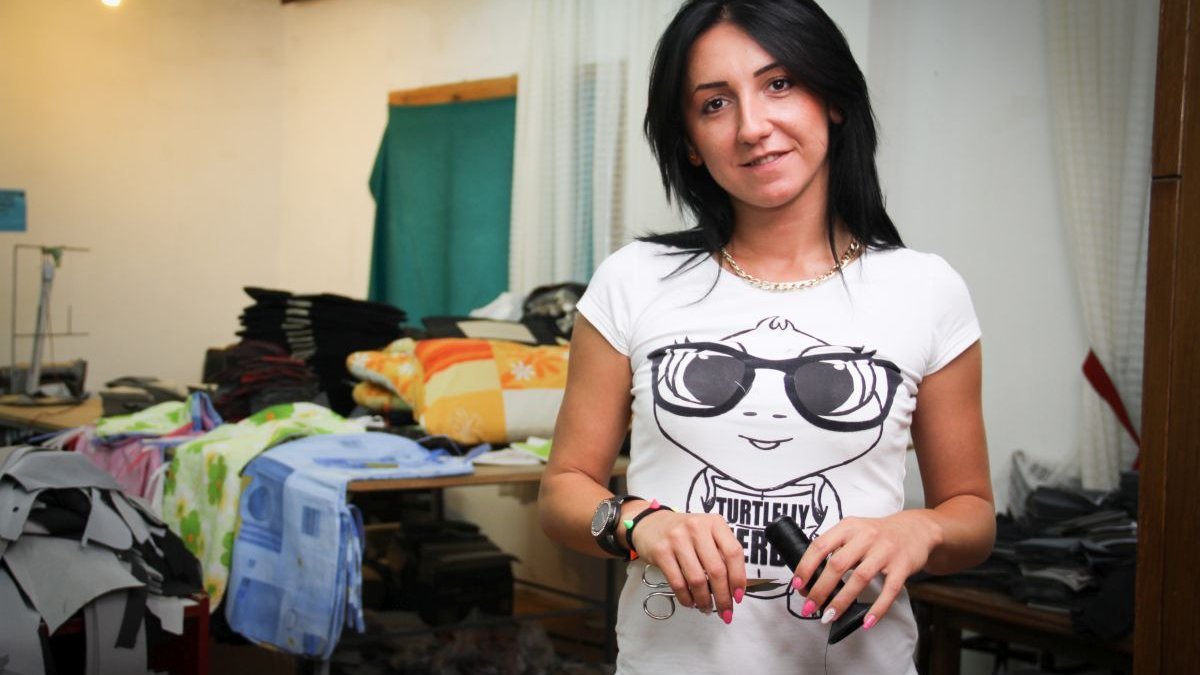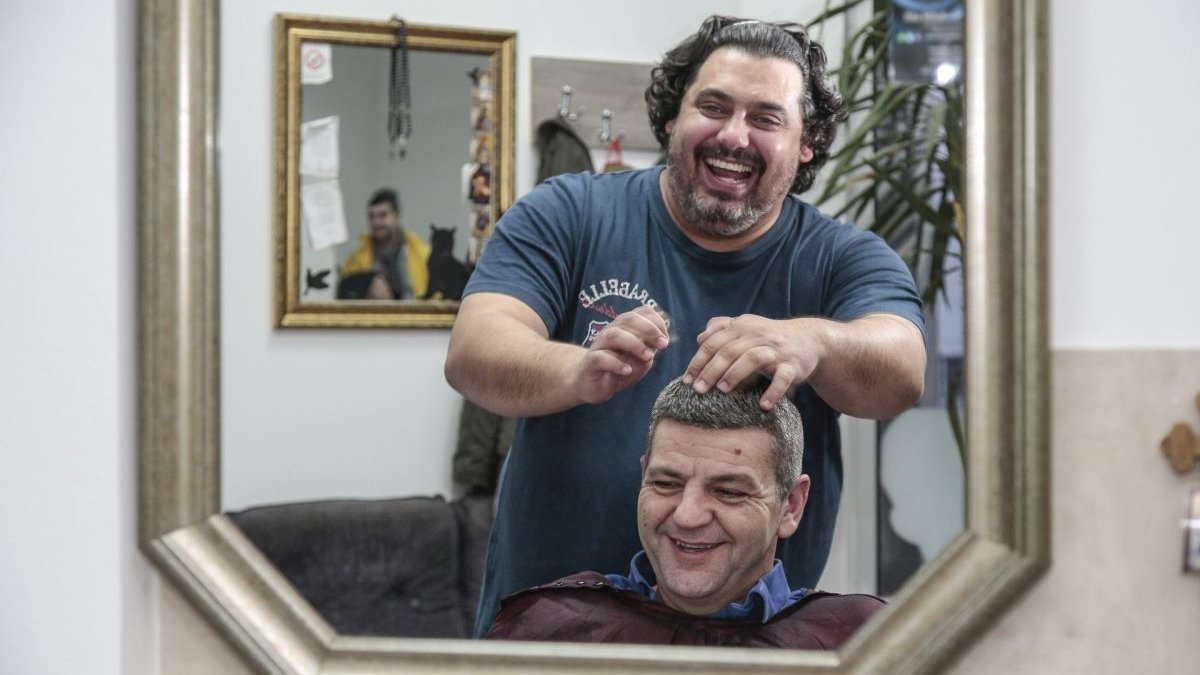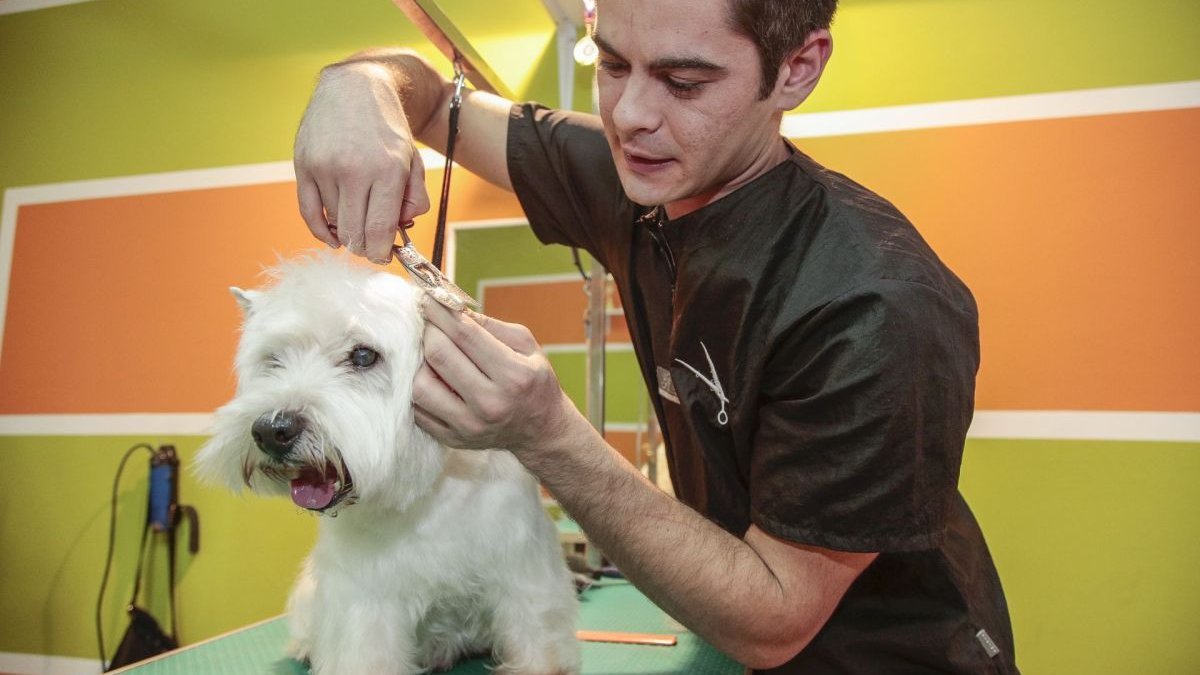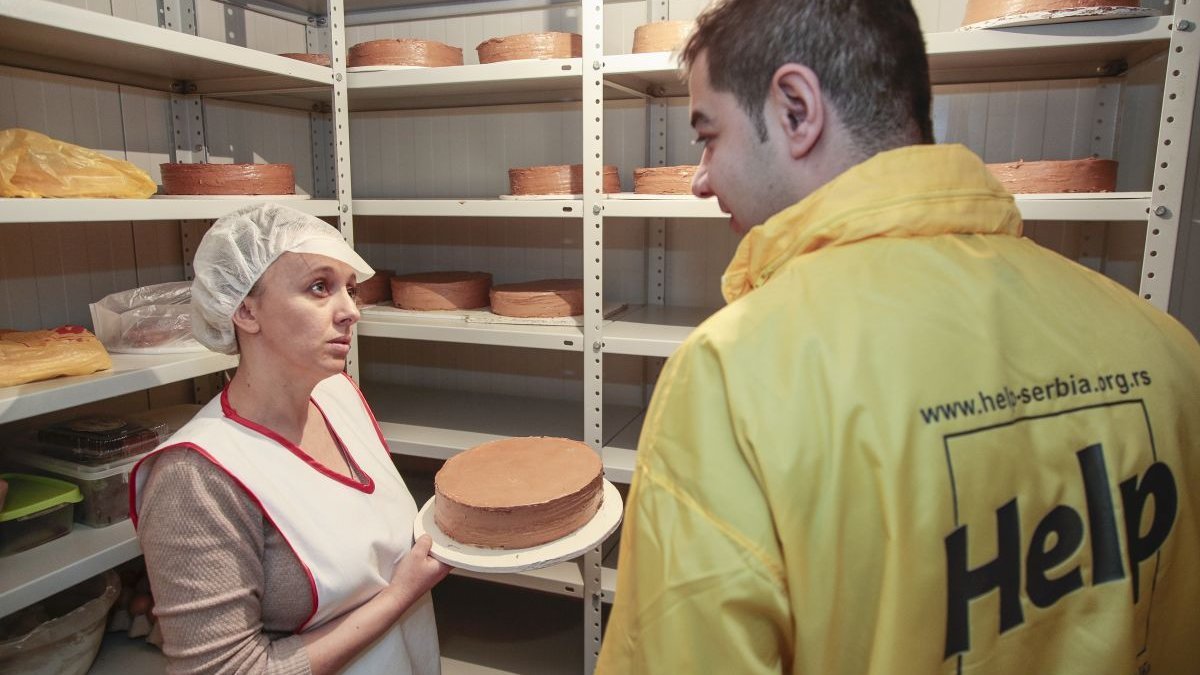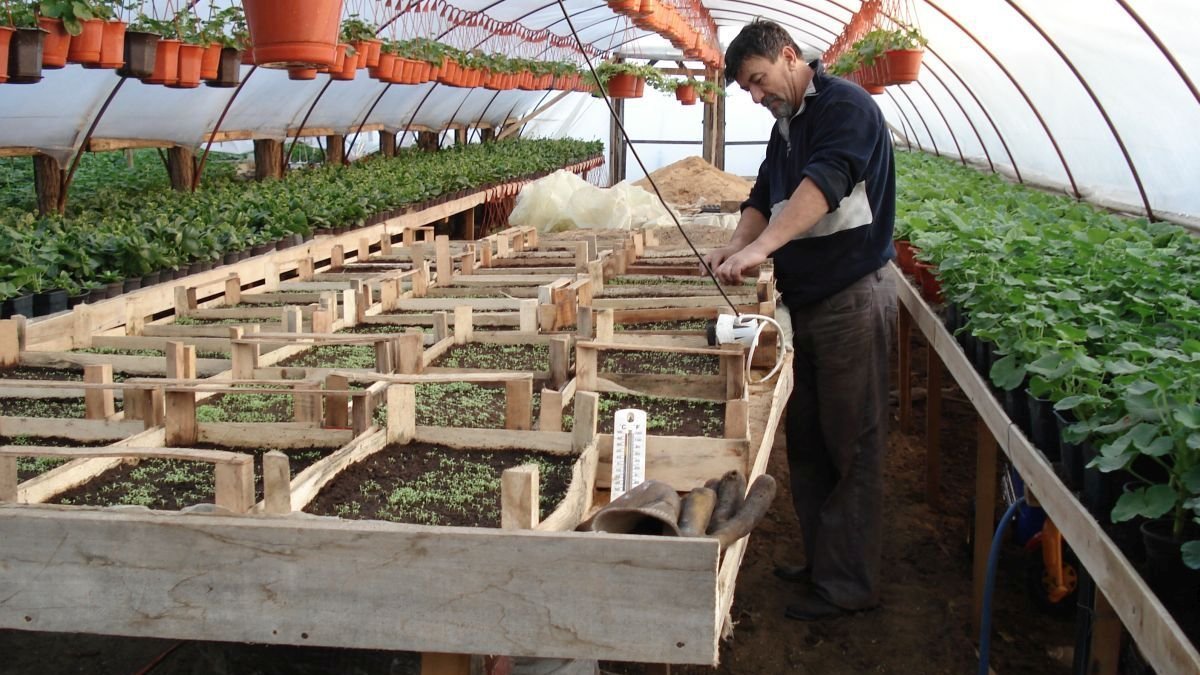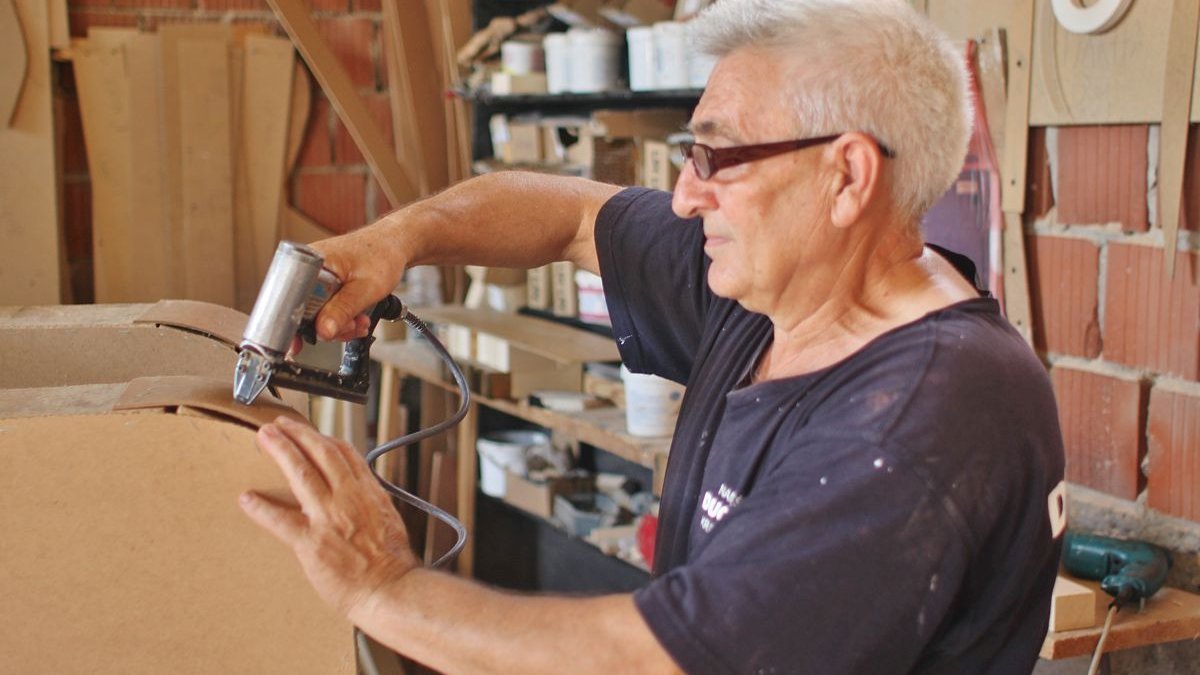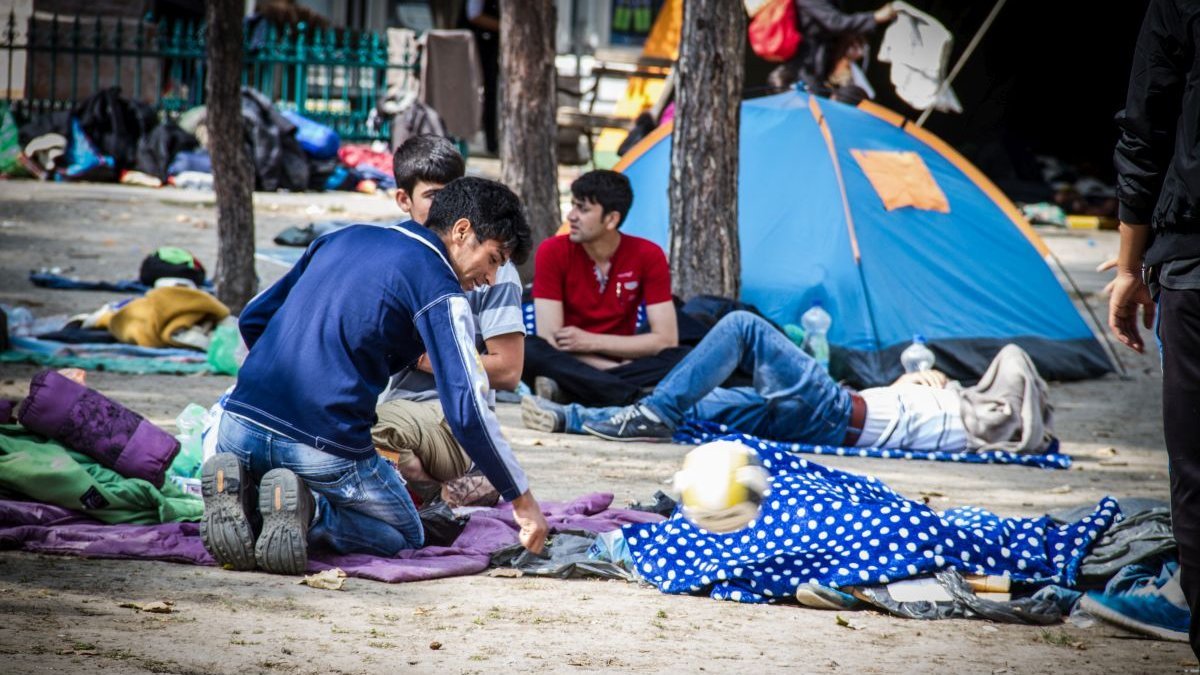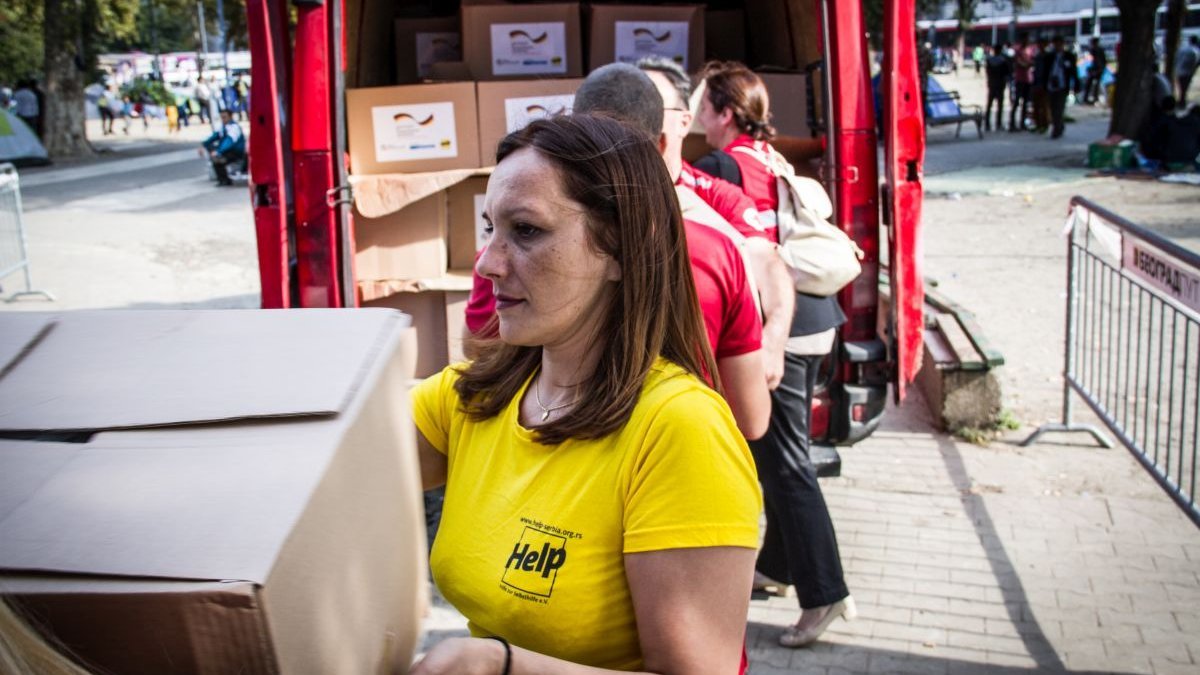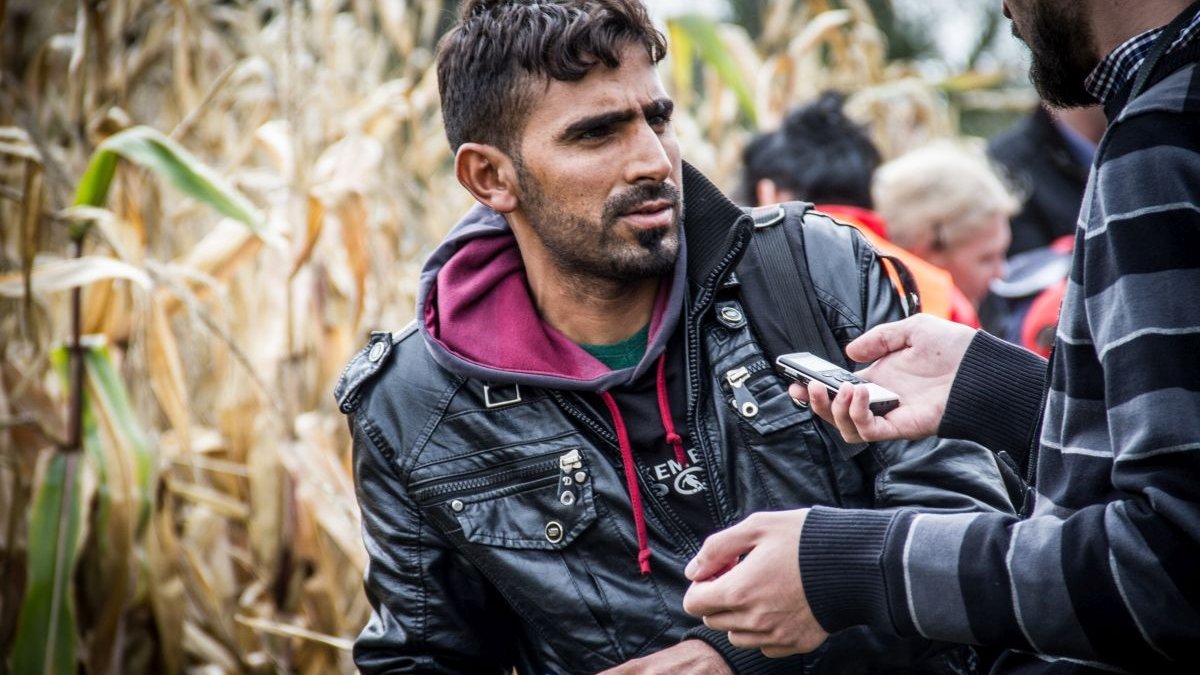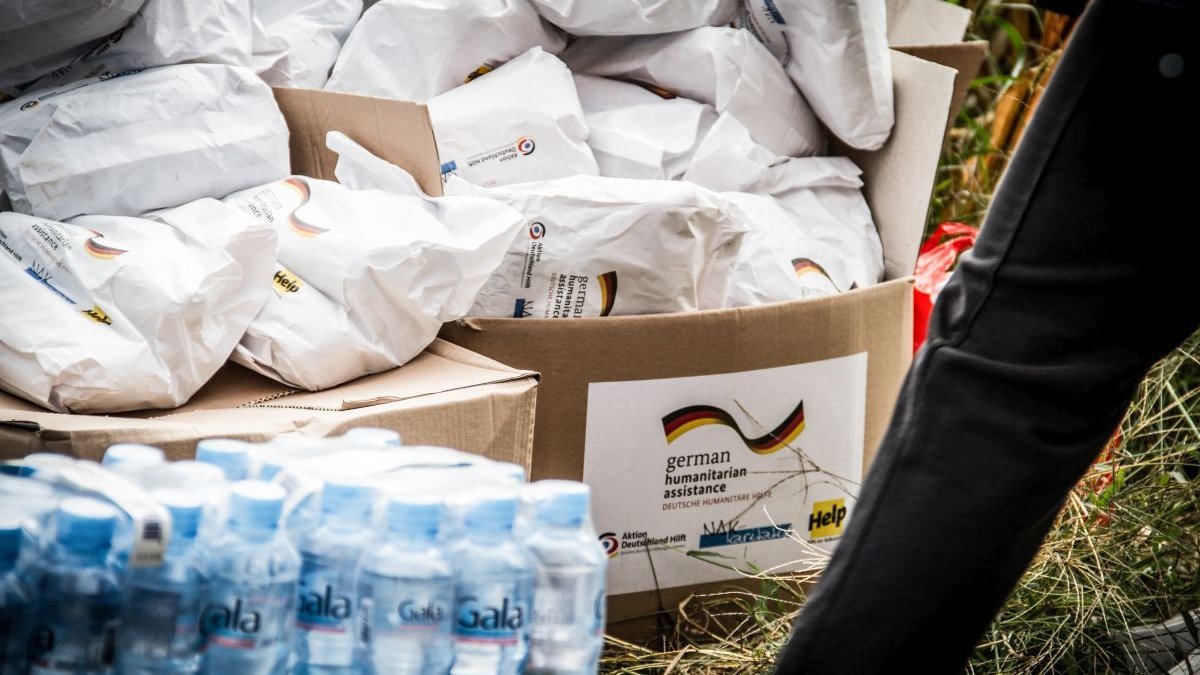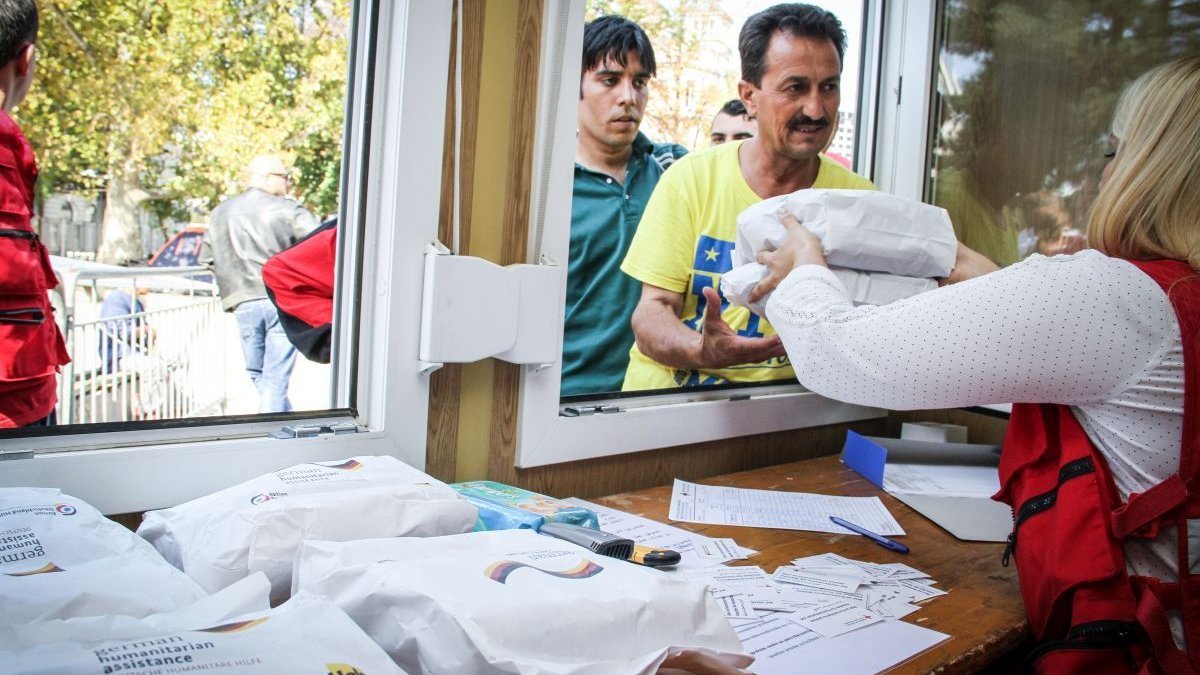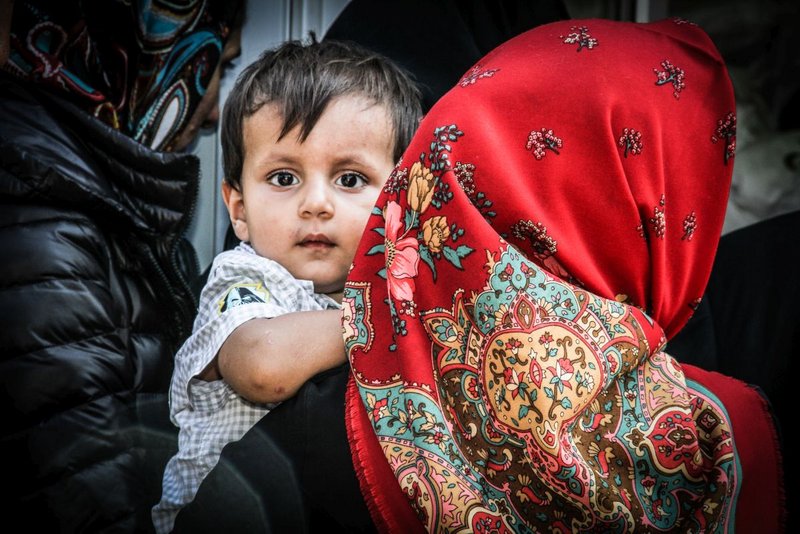Donate for Serbia
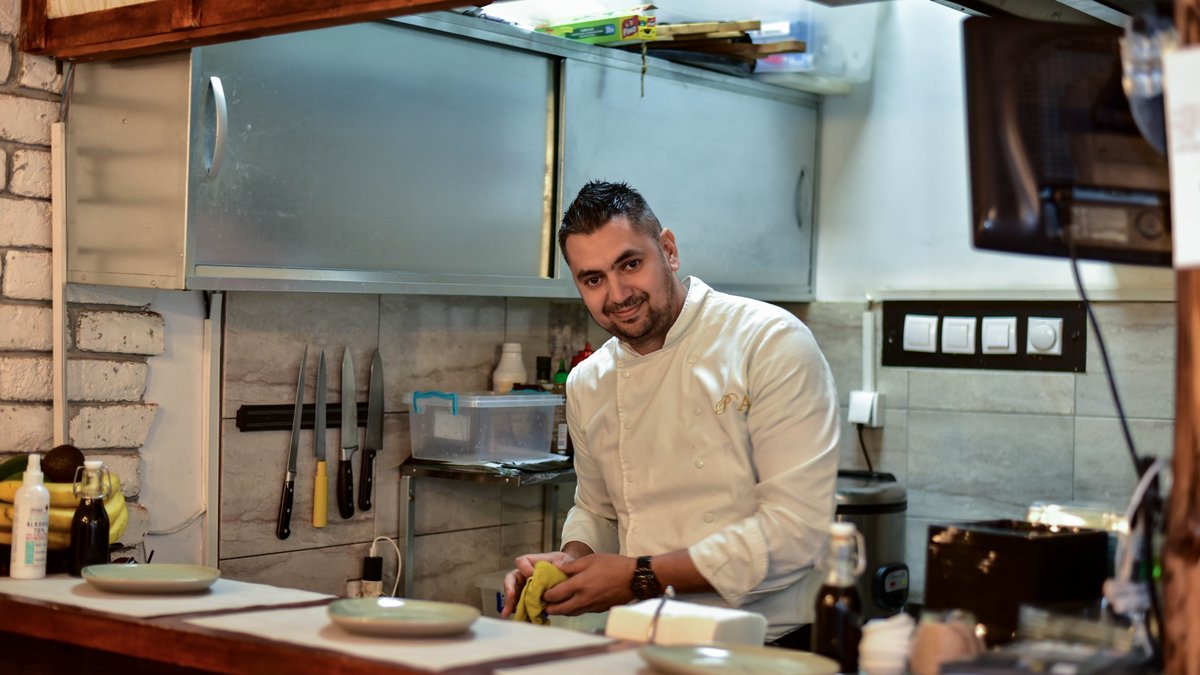
Help in Serbia
Fighting poverty and shaping the future: With numerous projects, we help people in Serbia to realize their right to a self-determined life. We are particularly committed to disadvantaged population groups such as the Roma.
How is Help providing support in Serbia?
The engine of independence
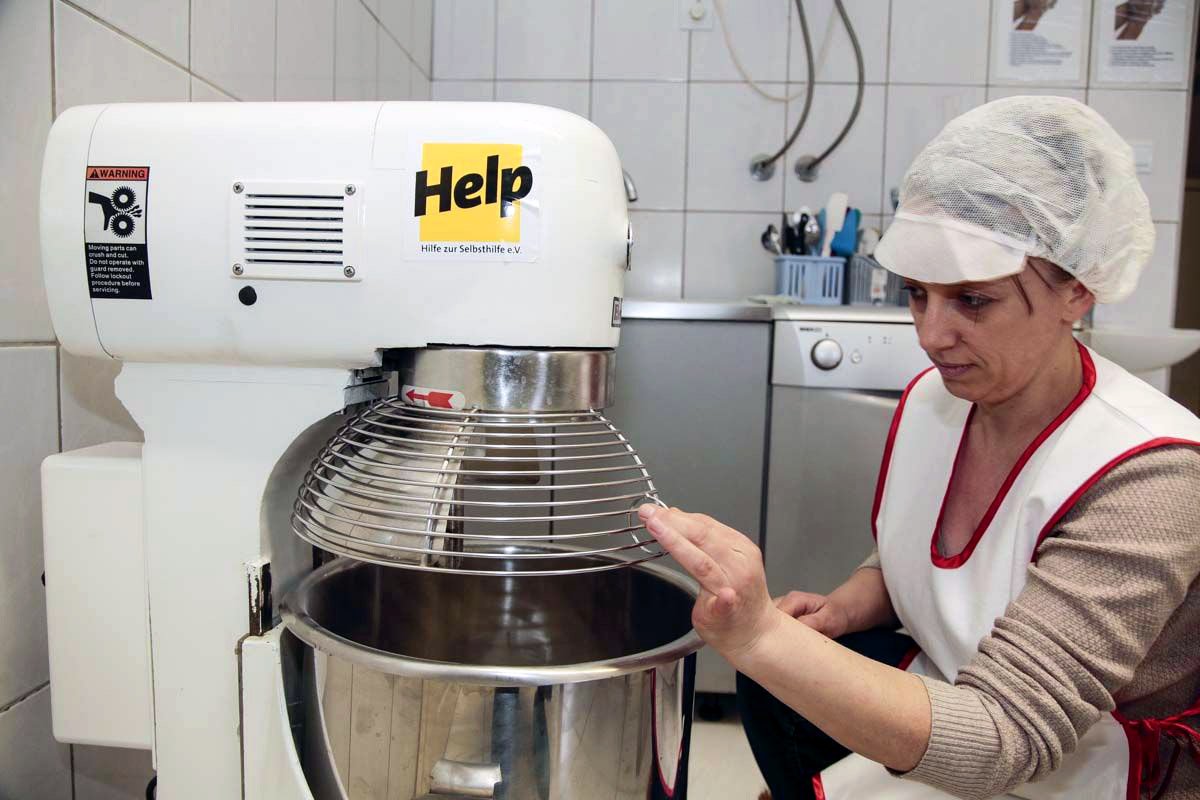
Help has supported thousands of people in Serbia since 1999. Our projects are always aimed at sustainably combating poverty and the causes of displacement. All of the people we support are socially and economically disadvantaged
Help is particularly active in Serbia in the area of small business aid. We strengthen regional initiatives, promote the establishment of start-ups and small businesses and train entrepreneurs in setting up and managing their companies. We also provide young people with access to training. Our work focuses on targeted support for women, people with disabilities and disadvantaged social groups such as Roma, who often find it difficult to enter the world of work.
Help is also committed to improving the working conditions of the many informal waste pickers in Serbia. Help provides them with protective clothing, conducts training courses and creates permanent jobs with fair pay. To protect the environment, Help also promotes the processing of the collected waste.
In recent years, Help has repeatedly provided emergency aid for refugees along the Balkan route, parts of which run through Serbia. We have provided those seeking protection with food, warm clothing and hygiene articles.
You can find more information on the local website of Help in Serbia.
What is the situation like in Serbia?
The long shadow of poverty
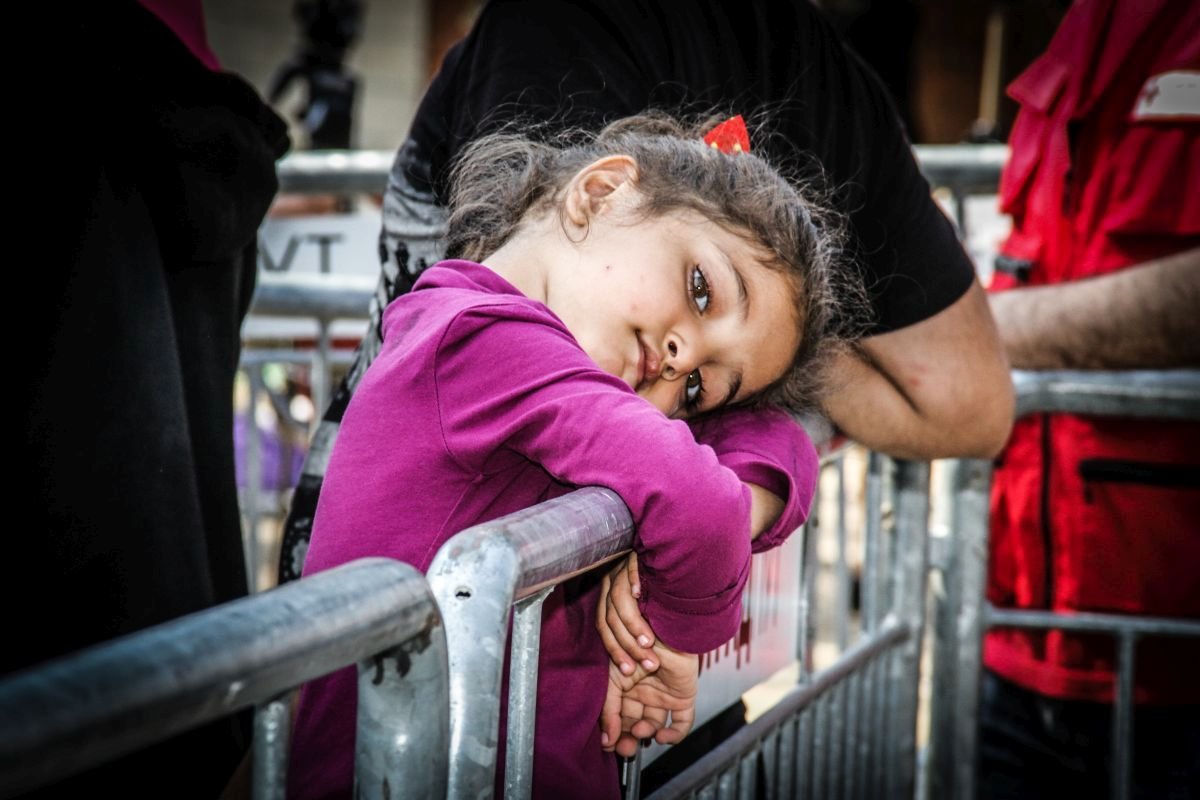
In 1992, the Yugoslavian confederation collapsed with an unprecedented eruption of violence. Until 2001, there was heavy fighting and war crimes in the Western Balkans, as a result of which over 200,000 people died. The damage to the economy and infrastructure can still be felt today, as can the rifts between countries and ethnic groups.
In the summer of 2006, the Republic of Serbia was founded after Montenegro voted for independence from the state union of Serbia and Montenegro, which had existed since 2003. In economic terms, Serbia, a candidate for EU accession, is now on the path to modernization. However, the Serbian economy is still characterized by its socialist legacy and the war years. The vocational training system does not adequately prepare young people for the labor market. High unemployment and poverty are the consequences.
Minorities such as the Roma, most of whom came to Serbia from Kosovo in 1999, are particularly disadvantaged. They suffer from economic and social discrimination. Many families are desperately poor and live in overcrowded shanty towns on the outskirts of the city. Many Roma keep their heads above water by doing informal work, such as collecting wastee.
Came to stay
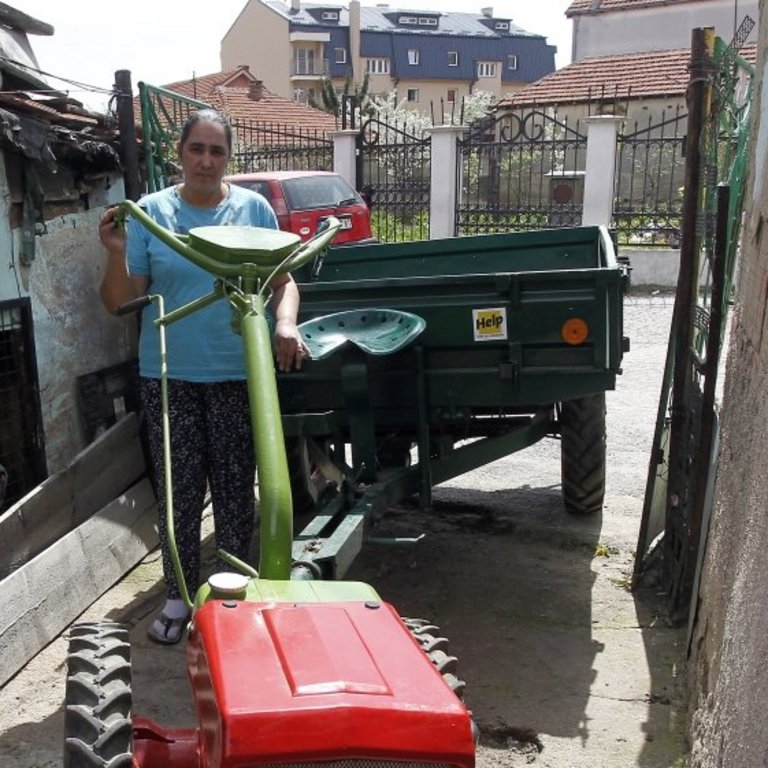
Eleonora Alijevic, her husband and three children travelled to Germany in search of a better future. But the family’s application for asylum was rejected, and they had to return to their home town, Vranje. To make ends meet, her husband gets by with odd jobs from the municipal utility companies. He transports firewood, collects rubbish and takes up any opportunity to earn money.
Eleonora and her husband want to give their children a better future: their youngest daughter is going to primary school, her sister is training as a seamstress, and their son supports them in the household alongside school.
But there’s another “member of the family”, as Eleonora puts it: the Motocultivator. With the small tractor funded by Help, the family can transport large quantities of firewood and earn an income from selling it: without the Motocultivator, the family’s basic income would not be secure.
My husband transports firewood to the town with the tractor almost every day and earns money to pay for our food – we live off it.
Eleonora Alijevic

